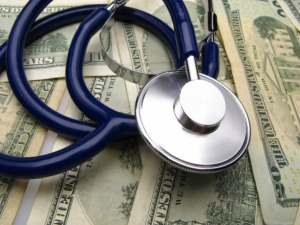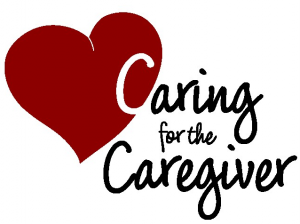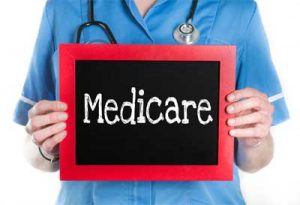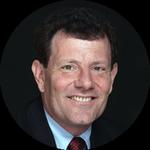
Health Care Problem For New President
Whoever wins the current presidential election will inherit a scary health care reality when he/she takes office. For the first time in history, health care spending in America has topped, on average, $10K per person. That means the new president will be stuck with an unprecedented problem in how to provide the health care that was initiated during the Obama years.
Increase In Total Cost
The bean counters in the Department of Health and Human Services announced the new high last month and predicted that the total cost will increase by 5.8 percent annually from 2015 to 2025. That’s less than the increases from 2007-09, just before the Great Recession, but faster than in the post-recession years, when health care spending kept pace with modest economic growth.
Average Per Person
The per-person average of $10,345 is part of the $3.35 trillion total in health care expenditures expected this year. The annual increase for 2016 is expected to be lower than the forecasts for the rest of the decade.
Attributing Factors
DHHS experts attribute the rise to a stronger economy, faster growth in medical prices and an aging population. The Medicare and Medicaid programs that provide for the elderly and needy are both expected to see new demands as the baby-boomers shift into these categories. By 2025, the experts say, government spending at all levels will account for nearly half of all health care expenditures, an estimated 47 percent.
Obamacare
If Obama’s health care reforms survive attacks from the Republicans, the experts project that more than 90 percent of Americans will have some form of medical insurance.
Republican and Democratic Plans
The figures are causing major angst for both major political parties. Republican nominee Donald Trump has declared he will do away with Obama’s plan while preserving Medicare and seeing that Americans are not “dying in the streets.” Democratic choice Hillary Clinton promises to expand government health care benefits.
Prescription Drug Costs
Both candidates say they will tackle the high costs of prescription drugs and the resultant drain on health care dollars. But the extension of benefits to millions of Americans through Obama’s plan will inevitably add to the overall total unless changes are made.
Out-Of-Pocket
The DHHS report, published in the journal Health Affairs, also predicts that Americans will pay more out-of-pocket for care as the number of people covered by high-deductible plans continues to grow.







